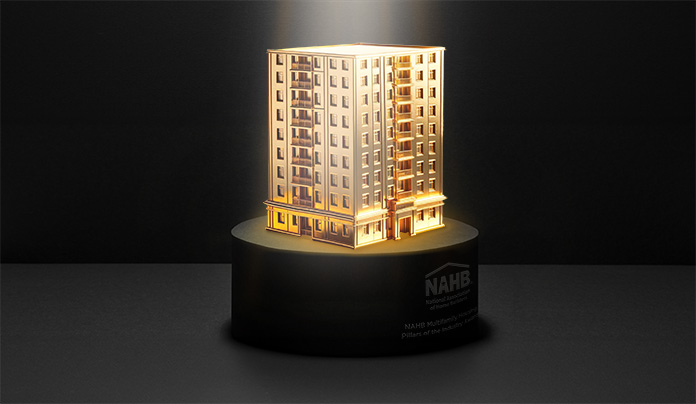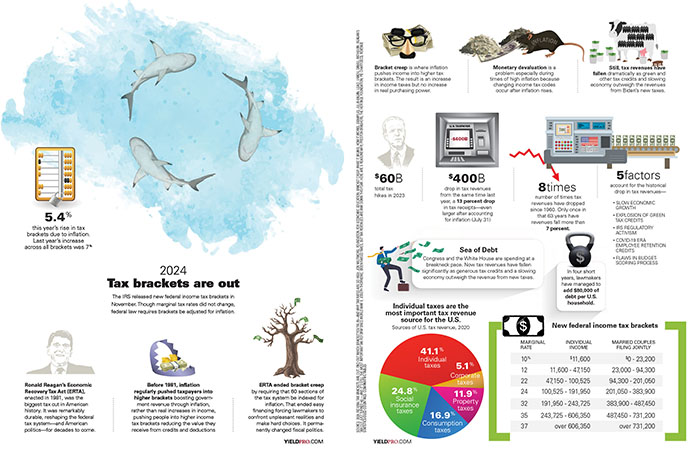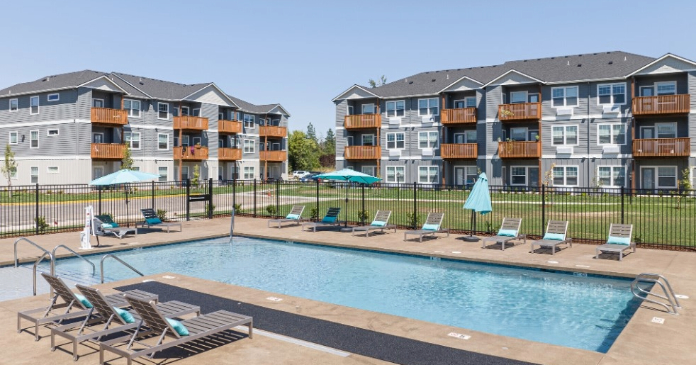The keenly watched deal is the second largest real estate buyout in history, eclipsed only by the $39 billion acquisition of EOP by The Blackstone Group. The deal was struck in late May, before the long-simmering woes of the subprime lenders and other debt market angst helped send markets tumbling three weeks ago. REIT share prices have been pummeled along with most other stocks, while investor flight from REIT sponsored mutual funds has reached the highest level since records were first kept 15 years ago.
The shaken confidence is evident in the equity REIT sector’s main barometer of investment performance and health. The FTSE NAREIT Equity REIT Index fell 7.8 percent in July and has dropped 13.2 percent year to date, according to the National Association of Real Estate Investment Trusts. Leading the equity decliners in July was the apartment REITs, which fell 10.4 percent.
The July woes follow a rough second quarter in which U.S. real estate securities sharply under performed the broader S&P 500 equity market. REITs have struggled this year following four years of double-digit returns and a promising start to 2007 because of concerns about rising interest rates and their effect on asset pricing. In recent weeks, for instance, many investors have either pulled out or demanded higher yields from the commercial mortgage backed securities (CMBS) market, a pillar of the sweet ‘n cheap debt boom that allowed banks to lower risk by pooling commercial mortgages into bond packages. CMBS issues have been hurt by the spillover effect of delinquencies and foreclosures in the single-family mortgage market.
Banks have responded by raising lending rates and tightening underwriting standards, leading analysts to speculate that the high-leveraged investor will soon be priced out of the market, slowing the wave of REIT takeovers by private buyer that peaked with Blackstone’s $39 billion buyout of EOP. Wall Street got no help from the Federal Reserve, which dashed investor hopes for a rate cut by holding its target interest rate steady at 5.25 percent.
In one sense, the deal to take the giant multifamily Archstone REIT private can be viewed as a case study in how nervous financial institutions affect REIT valuations and private-equity transactions. This despite the fact that apartment occupancies remain historically high and long-term fundamentals appear positive, with demand expected to increase for multifamily space.
Englewood, CO-based Archstone expected to close the Tishman/Lehman transaction in August, but delayed its completion until at least early October without giving a reason.
Shareholders were still scheduled to vote on the deal Aug. 21 and analysts cautiously expected the deal to go forward. However, Citigroup analysts Jonathan Litt and Craig Melcher called the announcement “a slippery slope” that could result in the deal being re-priced or the Tishman/Lehman JV having to pay Archstone a titanic $1.5 billion breakup fee to walk away. Tishman Speyer would lose its entire $250 million equity commitment and Lehman, a Wall Street titan that’s assuming the lion’s share of the debt, would take a big reputation hit, the Citi analysts said.
However, REIT prices have fallen 10 percent and the rate on the proposed $17.1 billion in debt on the Archstone purchase has risen at least 100 basis points since the May 29 deal was priced at $60.75 a share, Litt and Melcher wrote. On the equity side, the goal of a 10 percent IRR on the sale of $4 billion in equity was already optimistic. Higher loan costs have likely driven the return down to 6 to 7 percent at a time when equity investors are clamoring for higher returns, the Citi analysts said.
But the cost of a failed deal could be much higher for ASN shareholders, even with the hefty breakout fee. One scenario would be to delay the closing until the end of the year and for Lehman to resell the debt and equity after the current round of LBO financing clears the market, Litt and Melcher opined.
“If the deal falls apart, we estimate ASN could trade down to $46, excluding the payment of a breakup fee, based on today’s pricing,” Litt and Melcher wrote. “A breakup fee of $6 (per share) could push the value closer to $50.”
Archstone shares spiked to over $60 after the May announcement.
Apartment REITs got off to a great start in January, with S&P’s sub industry index shooting up more than 10 percent. But the sector has given back those gains and more, with returns under performing the overall equity REIT class.
Apartment vacancy rates increased for the second consecutive quarter in 2Q, reflecting seasonality and increased supply, Royal Shepard, an analyst for S&P’s Equity Research Group, said in a note this week. Renters may be starting to say no to rent hikes that averaged 4-6 percent last year and consider home ownership.
However, the softening housing market has dramatically slowed the number of apartment units converted into condominiums, Shepard said. Many previously converted units have begun returning to the rent rolls, glutting such markets as South Florida and Las Vegas.
Nonetheless, occupancies remain historically high, leading to what Shepard expects to be “solid, not spectacular” earnings performance for the year. Long-term fundamentals are positive, with demand driven by immigrants and echo-boomers coupled with stricter mortgage lending standards making home purchases more difficult.
Despite these pronouncements, some investors accuse company executives of fostering an overly rosy picture of residential REITs in light of what they see as an inevitable, and prolonged, market correction.
“These guys have been selling the sizzle without the steak for a long time,” said a West Coast fund manager whose enthusiasm for REIT stocks began waning six months ago after the huge Blackstone/EOP buyout. “It’s tough not to look for an exit when you start to see the big guys like Archstone pulling the plug.”
However, analysts insist that fundamentals for most asset classes remain strong and REIT share prices will eventually catch up with their net asset value. Those strengths were generally reflected in a spate of 2Q earnings reports released in recent days.
Author: Randyl Drummer















